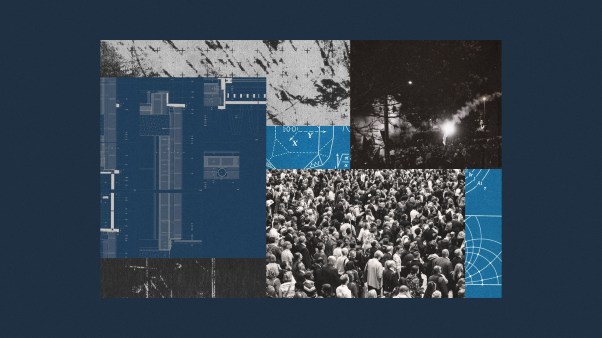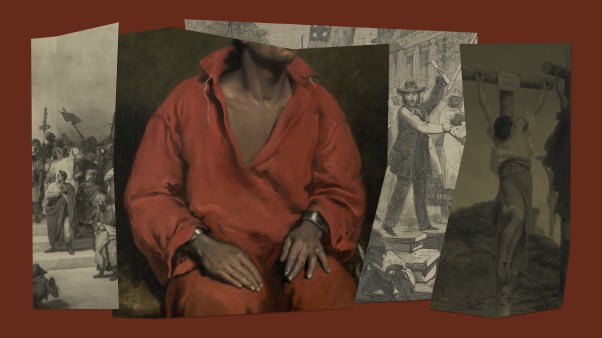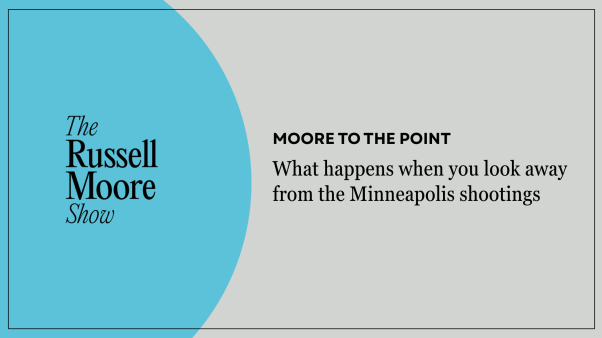I have three adult children. In the last two months, all of them have talked to me about whether they like their jobs enough. Conversations often begin with questions, either explicit or implied, like “Am I passionate about my work?” “Am I paid enough?” “Is my boss helping me grow?” “Is this work meaningful?” and occasionally, “Am I bringing meaning into the world?”
For over a decade, I have professionally taught courses on integrating faith and work. And I discuss the topic frequently at the dinner table. Despite this, my children rarely ask God-centered questions about their work, such as “What might God want me to see about my job?” or “How might God be forming me in the role that I have?” or “How do I bring his goodness into this role?”
Perhaps this reveals some shortcoming in my parenting. But it doubtless reflects a dominant Western narrative of work, especially among the highly educated, where identity and meaning are often closely connected with career performance and satisfaction. (Of course, another equally real narrative exists, which revolves around questions like “Why can’t I get work that pays me enough to live?” or “Why must I be exploited?”)
Of course, young adults aren’t the only ones facing challenging questions about the nature and purpose of work. Each week, headlines about artificial intelligence, automation, and other novel trends in the job environment spark waves of curiosity, fear, and reimagining. Both my husband and I recently felt something of this turbulence as we transitioned out of jobs we thought would take us to the end of our working lives.
So despite my three decades working in the corporate sector, education, and nonprofit leadership—and now as a consultant committed to helping individuals and organizations integrate their faith into their work—I found myself deeply grateful for Karen Swallow Prior’s new book, You Have a Calling: Finding Your Vocation in the True, Good, and Beautiful. Packaged beautifully in a compact 5-by-7-inch format (almost like a stack of study index cards), this little volume delivers an impressive density of insight. Page by page, I discovered rich theological and practical truths, all deeply relevant.
You Have a Calling is clearly written for Christians trying to make sense of their vocation in a world of ever-changing options and mounting burnout. This is not a “career-discernment” manual in the conventional sense. Instead, it aims to reorient the very meaning of vocation through a sacred framework.
Prior covers many angles of vocation and calling in this short book, which could be devoured in one or two sittings but is better savored slowly with a journal in hand. Her decades as a literature professor, along with a lifelong appetite for reading, are evident in her elegant, layered style. She weaves together voices from across the centuries—sacred and secular—pulling from poetry, literature, memoir, philosophy, business psychology, and Scripture. The result is a work that feels both timeless and timely.
In her early chapters, Prior explains why the conversation about calling is both ancient and urgent. Rather than offering groundbreaking ideas, she recovers and simplifies truths as old as dust. She clarifies the differences between paid work and unpaid work, between career and vocation, illustrating the nuanced interplay among all of them. Occasionally, this interweaving of the vocabulary gets confusing, but in the end, readers will come away with a clear understanding of each concept.
For me, the book’s most meaningful theme is confronting modern cultural narratives about work—especially in the West—and offering a Christ-centered alternative. Prior broadens our existing definitions of calling and work, bringing in theological insights that challenge prevailing notions of how and why we labor. She covers the history of how work has been understood across time.
Perhaps most importantly, Prior reminds us that our vocations are fundamentally about who we are, not which tasks we perform. Early in the book, she powerfully affirms that “the first calling of every human being” is “to bear witness to the God who created the world.” Elsewhere she writes, “Most of our first vocations, in fact, aren’t related to work or career at all.” Our identities as parents, children, siblings, and image-bearers of God all take precedence over any titles and roles in the workplace.
Prior critiques our reigning cultural emphasis on work that inspires passion, brings success, and makes a measurable impact. As she argues, these ideals are distortions of a Christian understanding of vocation. Drawing on the work of author and productivity researcher Cal Newport, she challenges the popular belief that passion precedes purpose. Instead, she posits that meaningful work often grows out of excellence, commitment, and faithfulness.
She also critiques our obsession with finding the “perfect job,” framing it as something of a torment. As such, she elevates quiet and ordinary work, defending its value despite its lack of visibility and glamor. All told, the book seems to suggest that working the right way is more important than finding the right work.
The book culminates with Prior presenting a virtue-based vision of vocation that prioritizes truth, goodness, and beauty—no matter the job or its prestige. While careful to insist that only God embodies these transcendental qualities in full, she helps us appreciate how we participate in his nature whenever we do good work (and do it well). As she writes, “To pursue all three [transcendentals] is to embrace the reality of what it means to be human—and the virtue or excellence of being human. To reject any of these is to diminish our humanity, the essence of which is the very image of God.”
Although I haven’t personally met Prior, I’ve heard her speak—and the style of the book seems to mirror her public presence. The writing is intellectual yet accessible, philosophical yet grounded, and at times whimsical while making serious theological claims. The tone is reflective, pastoral, and wise—never preachy or condescending.
Even so, You Have a Calling may not resonate equally with all audiences. If you’re looking for a practical road map to find your next job, this book probably won’t deliver the punch you seek—even if it does liberate you from the pressure of having to figure it all out. If you are working without much agency in your job choice, and possibly in exploitative conditions for wages that fail to cover basic needs, the book might feel tone-deaf to your reality—even if its theological foundations are solid.
Additionally, those who prefer a straightforward, bullet-point, business style of writing might find the book’s synthesis of sources and stories frustrating. And yet, while Prior’s book is not as deeply formative as some earlier titles in this vein, like Os Guiness’s The Call or Steven Garber’s Visions of Vocation, it is far more approachable in both length and complexity of language.
All that said, my favorite parts of You Have a Calling were the personal anecdotes Prior sprinkles throughout her narrative. She includes accounts of her own vocational shifts, some of which arose from painful choices to remain true to her convictions. These stories demonstrate that she is not merely theorizing and prescribing but also embodying the message she offers. And they reveal that it often requires costly courage to work in ways that are good, true, and beautiful.
Prior’s book has helped me re-envision how I might approach conversations with my adult children about work. I can better imagine encouraging my eldest daughter to see the beauty her brand-vision strategizing brings into the world. I feel renewed excitement about telling my son that his career in finance involves using numbers to define truth, thus bringing transparency into business. And I can emphasize the inherent goodness of kidney dialysis treatment whenever my youngest daughter feels lost in the sea of clinical data.
Appeals to beauty, truth, and goodness remind my children—and me as well—that our first call is always to our Caller and to the way he shapes each of us through our work. Kudos to Prior for the integrity of her work and for her deftness in articulating what every Christian needs to hear about calling.
Missy Wallace is the founder of 90Seventeen Consulting and the former managing director of the Global Faith and Work Initiative at Redeemer City to City. She is a coauthor of Faith & Work: Galvanizing Your Church for Everyday Impact.

















